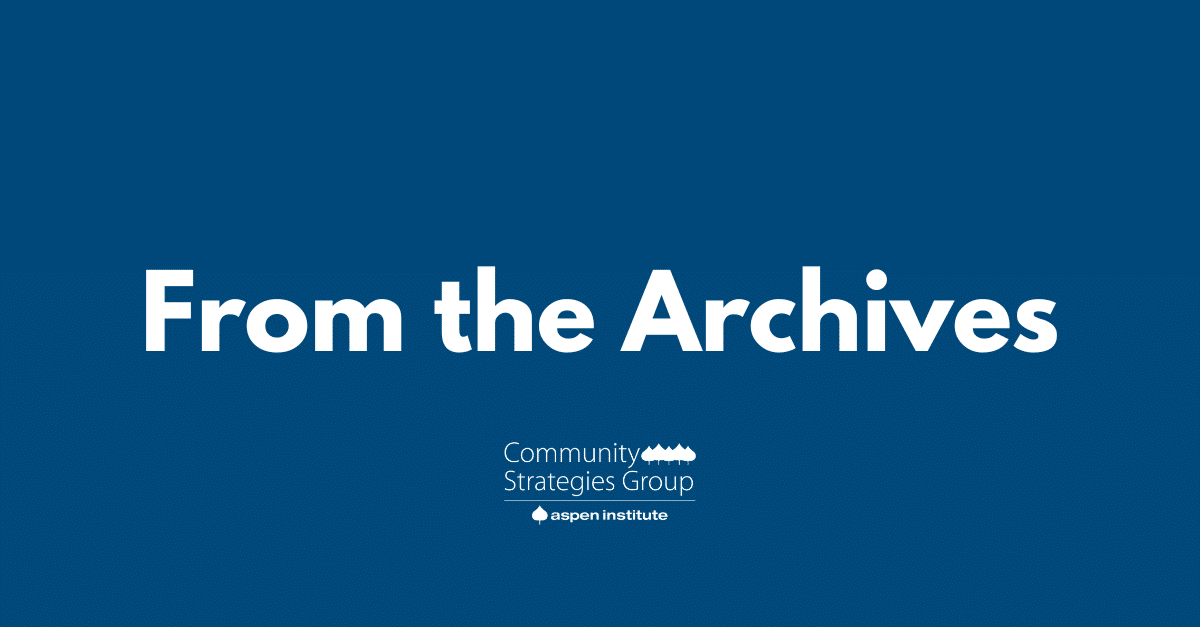View this Publication
This report, “Coal and Economic Development in Central Appalachia: A New Framework for Policy,” authored by Cynthia L. Duncan, Ph.D., and published in January 1986 by the Mountain Association for Community Economic Development (MACED), examines the relationship between coal production and economic development in Central Appalachia, particularly Kentucky. The core argument is that while promoting coal production has historically been the primary policy in Central Appalachian states with the expectation of improving the quality of life in coal-field communities, this has not automatically led to economic development. Development, as defined in the report, is the process of building a resilient local economy that provides a good quality of life for the entire community, achieved through both private and public reinvestment.The report highlights that the coal industry inherently has limited linkages and multipliers with local economies, meaning growth in the industry does not easily translate into broader local business activity. Furthermore, historical factors such as a competitive environment that suppressed profits, and a lack of political pressure to internalize social and environmental costs, prevented significant reinvestment.A case study analysis of Kentucky coal counties between 1960 and 1980 reveals that despite substantial economic growth (e.g., 164% increase in per capita earned income in coal counties), the improvement in the quality of life was only slightly greater compared to other county groups (farm, manufacturing, government/mix counties). Coal counties did not translate their high income growth into greater-than-average gains in quality of life indicators such as income levels, education, housing, and health conditions, and continued to lag behind the rest of the nation.The report concludes that the lack of development in coal counties is due to a narrow distribution of jobs, greater income inequality, few industry linkages, low multipliers, and political attitudes that constrain public reinvestment. It proposes a “new framework for policy” that would make public benefit the direct goal, focusing on:
- Better coal taxation: Allocating more severance tax revenue to coal-producing counties, increasing coal taxes (possibly through a national or multi-state compact), stabilizing coal demand at a price that includes adequate taxation, and establishing a new agency for infrastructure investment outside local politics.
- Higher environmental standards and better enforcement: Holding large companies responsible for subcontractors, eliminating the two-acre permit, and devising long-term solutions for coal-haul road damage.
- Public and private responsibility to workers: Comprehensive training plans for young people and unemployed miners/workers, and requiring advance notice of employment changes and mine shut-downs.
The report is the first in a series of six, funded by a grant from the Ford Foundation, exploring coal and development issues in Kentucky and West Virginia








